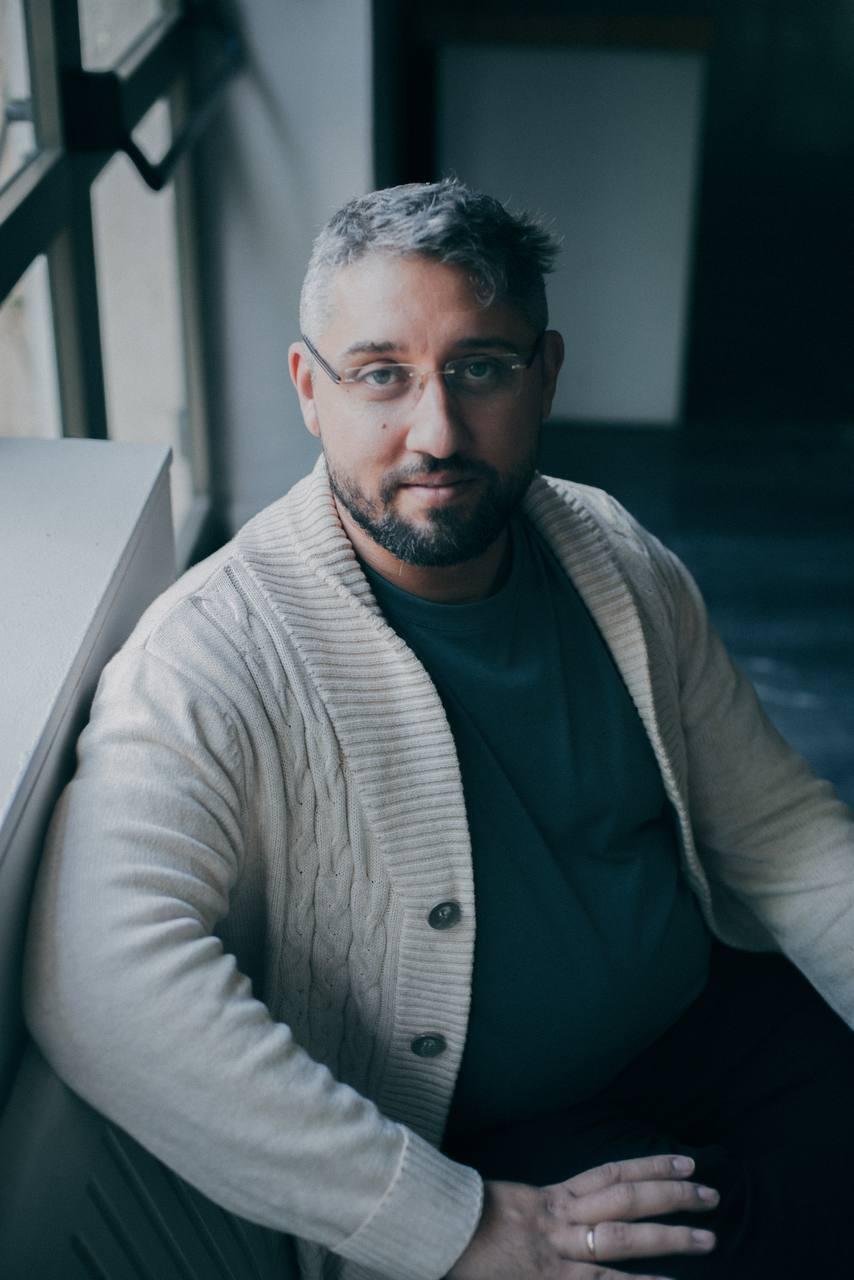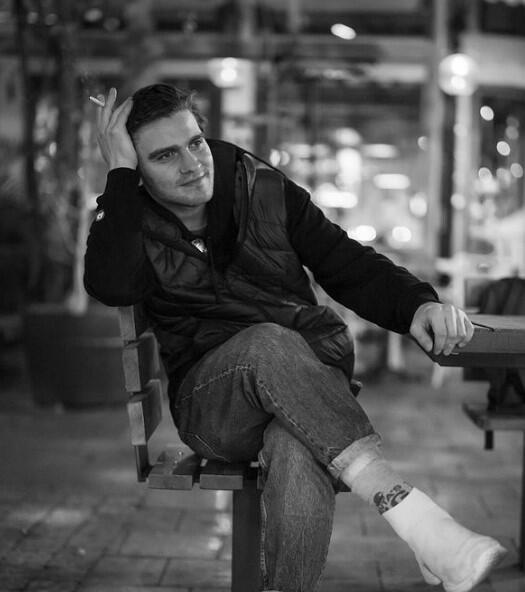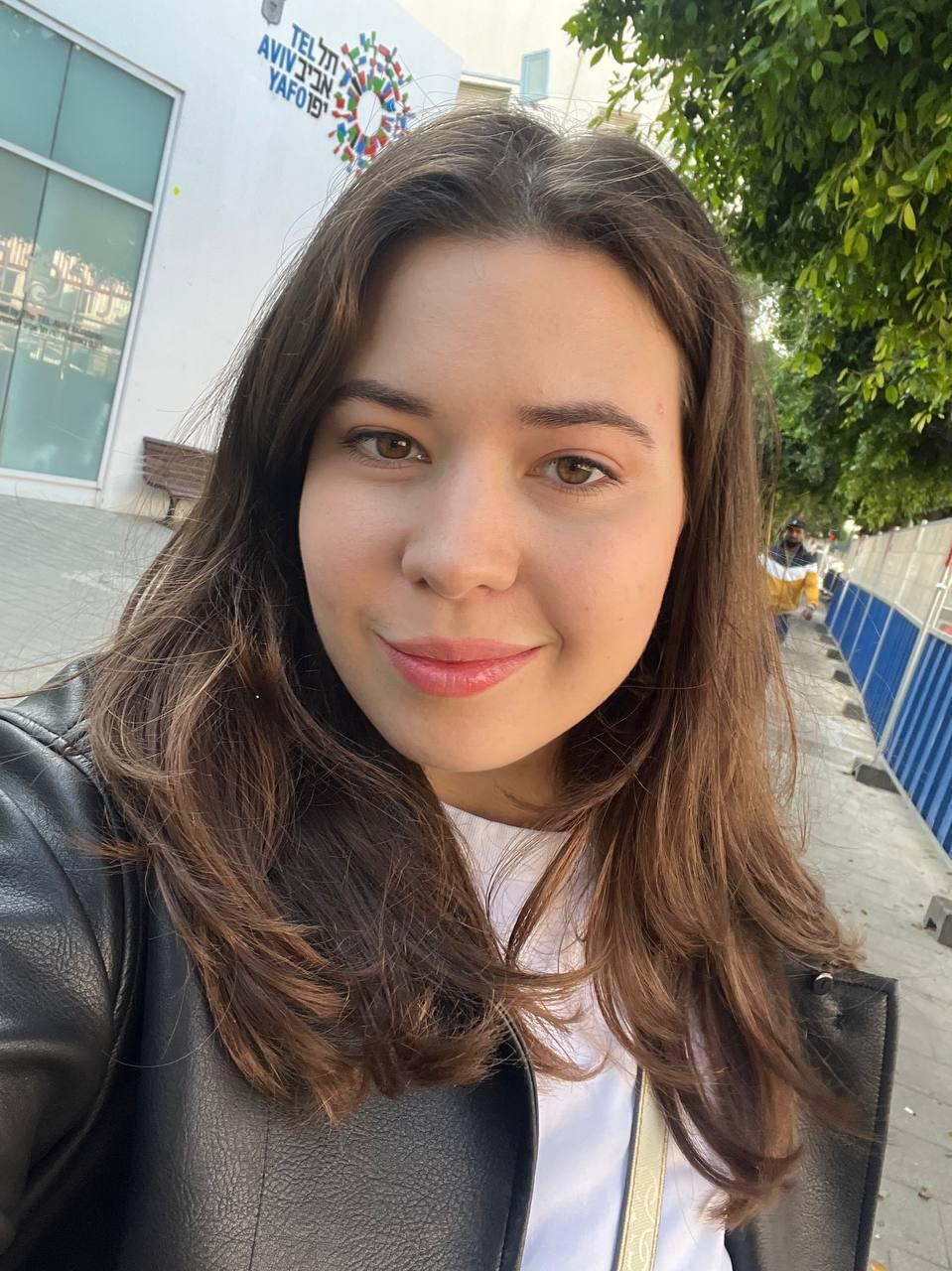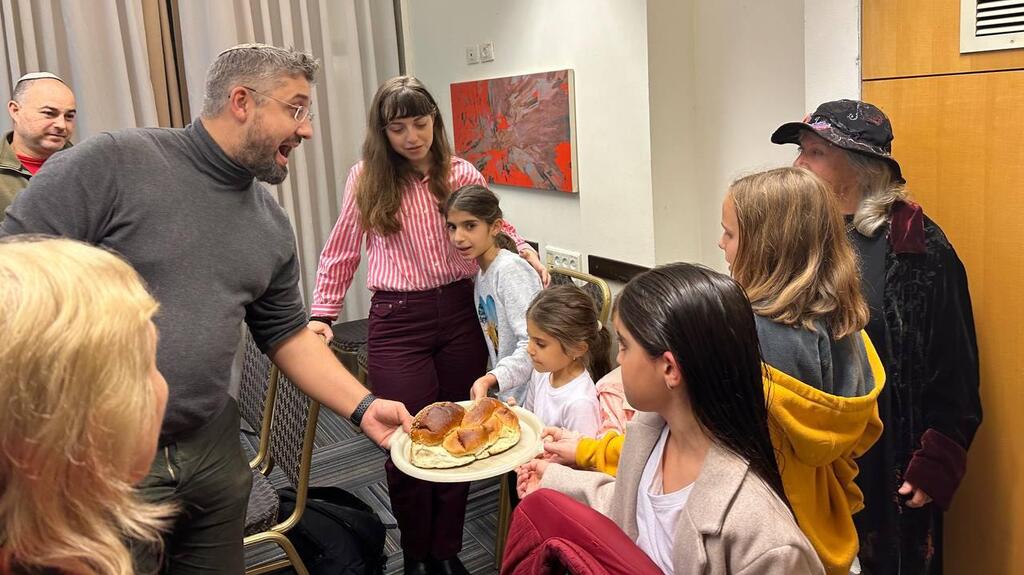Getting your Trinity Audio player ready...
Since the outbreak of war between Ukraine and Russia on February 24, 2022, a staggering 83,198 Olim from Russia have sought refuge in Israel, as reported by the Ministry of Aliyah and Integration. According to the Israel Central Bureau of Statistics, this influx is part of a broader pattern that has seen approximately 1.3 million Russian speakers settle in Israel, making up 15% of the nation's population—a demographic that includes those from other post-Soviet states.
However, the transition to Israeli life has not been seamless for many. Struggling with cultural and religious assimilation, these newcomers often experience profound isolation and loneliness. As their adjustment hurdles persist well into their second year, the urgency to address their integration challenges becomes increasingly apparent.
'It's impossible to be fully Israeli without being born here'
To gain insights into their situation, The Media Line recently spoke to Rabbi Binyamin Minich, a Russian "war aliyah" expert from the Daniel community in Jaffa who frequently interacts with new Israeli citizens from the post-Soviet regions.
"Surely, repatriates from the post-Soviet space encounter difficulties integrating into Israel. Although everyone has 'returned home,' the immigrant crisis remains. People find it difficult from a financial point of view. First and foremost, everyone wants to eat, not to pray. Then comes the crisis of culture and language," admits Rabbi Minich.
"It's impossible to be fully Israeli without being born here. And therefore, the crisis will always exist," he adds.
The rabbi calls the current weakness in integrating Russian repatriates a failure of the multicultural approach. "People think that because there is a huge Russian-speaking diaspora here, they can settle without much effort. This is not the case. Despite Israel's liberalism, there are cultural and religious codes here, even among the most secular citizens," notes Minich.
Dasha Shkolnikova, a 28-year-old Russian immigrant, speaks about the difficulties many face while integrating into Israeli society.
"A fundamental mistake that many make is closing themselves off. Israel is not the right kind of country for that. You have to go out and socialize; everything here is designed for you always to be outside. Nobody stays at home, and that's the culture," says Shkolnikova.
"Many people from Russia left involuntarily, and in their minds, it's 'I fled.' They only communicate with Russians,” she adds, “and it turns into a real Bat Yam (an Israeli city popular among Russians), almost a ghetto.”
Journalist Ilya Egorov echoes that experience. "I literally fled to Israel with just one suitcase because I was on a business trip. Then I somehow managed to get the documents transferred and repatriated."
"I rented some apartment and just closed myself off on the balcony every day, opened Zoom, and communicated with my colleagues and friends who remained in Russia. Honestly, apart from one business trip, I haven't even been to Jerusalem," admits Egorov.
In addition, many immigrants from the post-Soviet space feel nostalgic for their country of origin. Russians may feel their identity and culture are being threatened.
"There's a huge layer of Russian shops and events here,” says Shkolnikova. “You can find basically everything. But many things feel unfamiliar here because it's the East. For example, everyone here is very tactile, and for someone from the post-Soviet space, this is very unusual."
"I feel that this life—as if it's not mine, and mine stayed in Russia,” Egorov adds. “I can beat my chest and shout, I'm Jewish, I'm Israeli, but I'm only Israeli because I have a passport."
At the same time, he wants to learn the language and feel like an Israeli. Egorov admires the Israeli mentality and the resilience of people in the face of difficulties and war. "Nowadays, I keenly feel antisemitism in the world, and I believe I have the right to say that it directly affects me too," he says.
Rabbi Minich explains that the Jewish self-awareness of many repatriates changes after moving to Israel, which makes their integration harder.
"Perhaps in the country of origin, they felt like Jews, and no one objected to that, but in Israel, they are reminded that they are not by matrilineal descent, and therefore - 'not truly Jewish,'" says Minich.
His words are confirmed by Polina Altzitser, a 25-year-old language teacher who was repatriated to Israel from Russia in April 2022 due to the start of the war in Ukraine.
"Although I have Jewish roots, no one in my family supported Jewish traditions at all, unfortunately. We didn't talk about it. I always knew my grandfather was Jewish, but we never emphasized that," she explains.
"I see strong discrimination here against those who aren't Jews, according to halacha (Biblical law in Judaism). It greatly upsets and angers me. I don't understand what the problem is. Why, for example, can't you get married without some certificate stating that your mother is Jewish? I faced this when I started dating my boyfriend, and it's been difficult for me," confesses Polina.
"It's a secular but, at the same time, very religious country. When it comes to family, traditions, and everything else, I clearly feel a lack of knowledge because my family is not entirely Jewish,” says Shkolnikova.
“You must get used to the traditions and understand them,” she adds thoughtfully. “Living in a different world, you cannot cut yourself off from it and continue to live as if you were in Russia. Why are you here if you do so?"
Rabbi Minich shares that besides being liberal, his community is also multilingual and multipolitical, where not only Jews of matrilineal descent but also children, grandchildren, and spouses of Jews are welcomed.
"I believe less in the concept of Russian-speaking synagogues because, ultimately, I think it's impossible to avoid the side effect of ghettoization. Therefore, my community is completely Israeli; they speak six different languages," Minich shares.
'Israel is a complex country, and living here isn't easy'
Repatriates also emphasize the importance of language.
"I immediately enrolled in ulpan (Hebrew language school); I just knew it was necessary. Language is the DNA of a people and culture. If you don't have the language, assimilating will be much harder for you," says Shkolnikova.
Ulpan is a big step but not always a complete solution. "Ninety percent of my surroundings remain Russian-speaking,” says Alzitser. That's why Hebrew is so difficult for me. The problem is that I still can't fully accept that I need the language. I can't say I've completely abandoned my past and understanding of myself as Russian.”
Minich believes that despite all the difficulties, those repatriates who stay in Israel will significantly contribute to the development of Israeli society.
"Israel is a complex country, and living here isn't easy. Those who are comfortable in Israel ultimately dedicate themselves to the country and make it better," he says.
"Immigration is always challenging. And the least we can do for those who have just arrived is to help them feel at home," Minich concludes.







